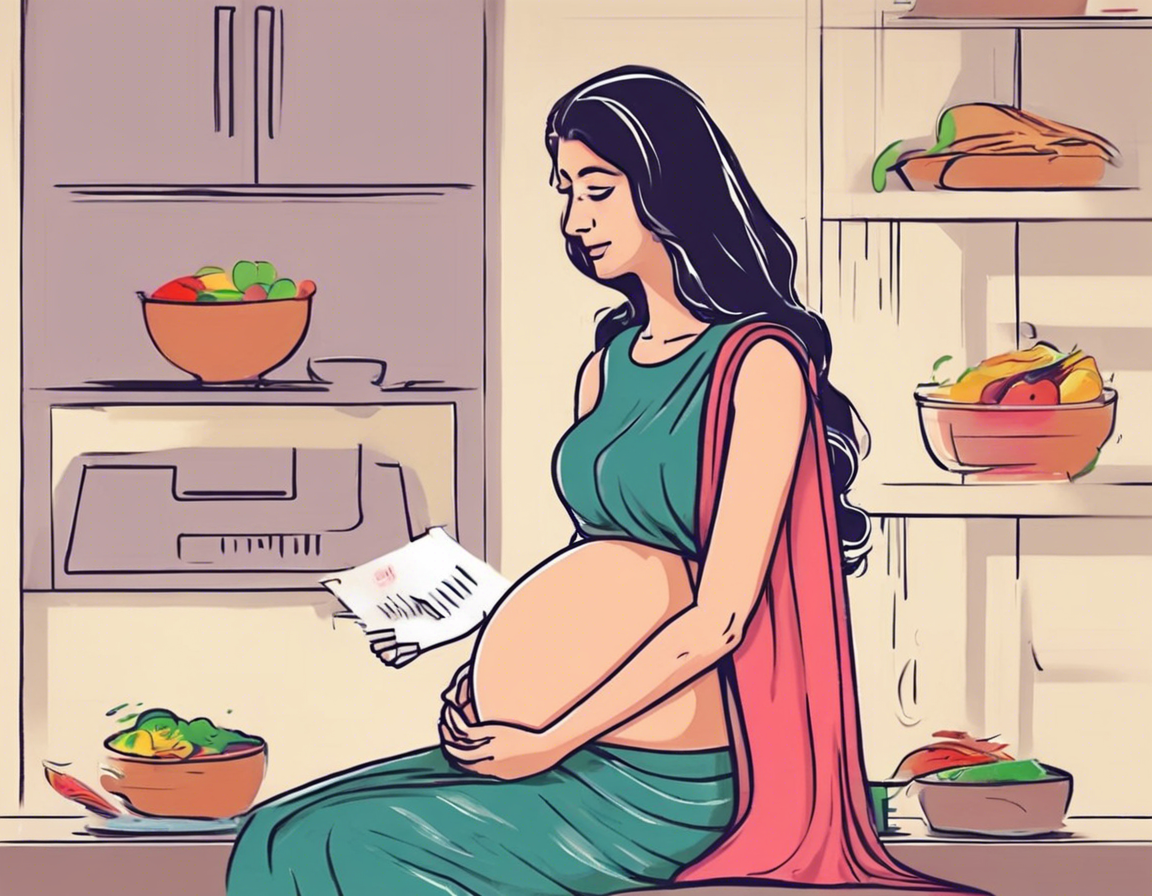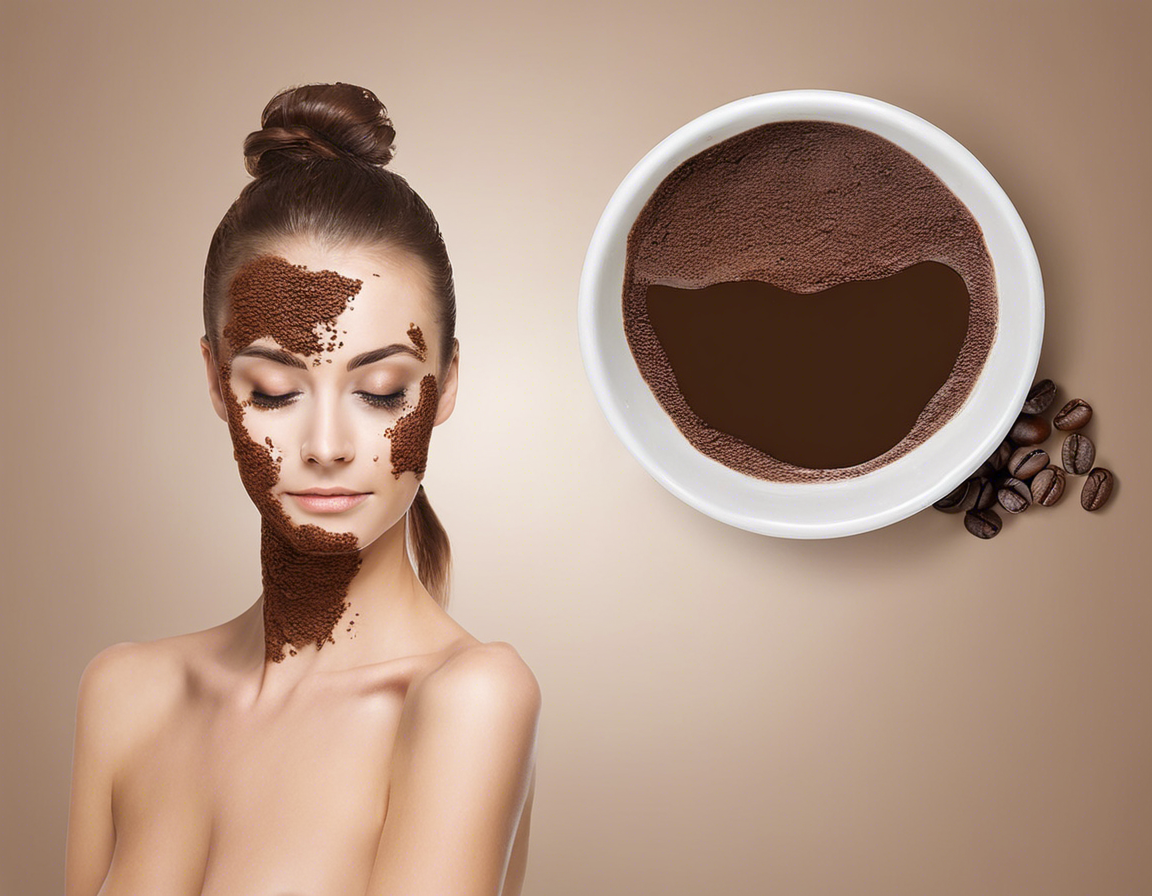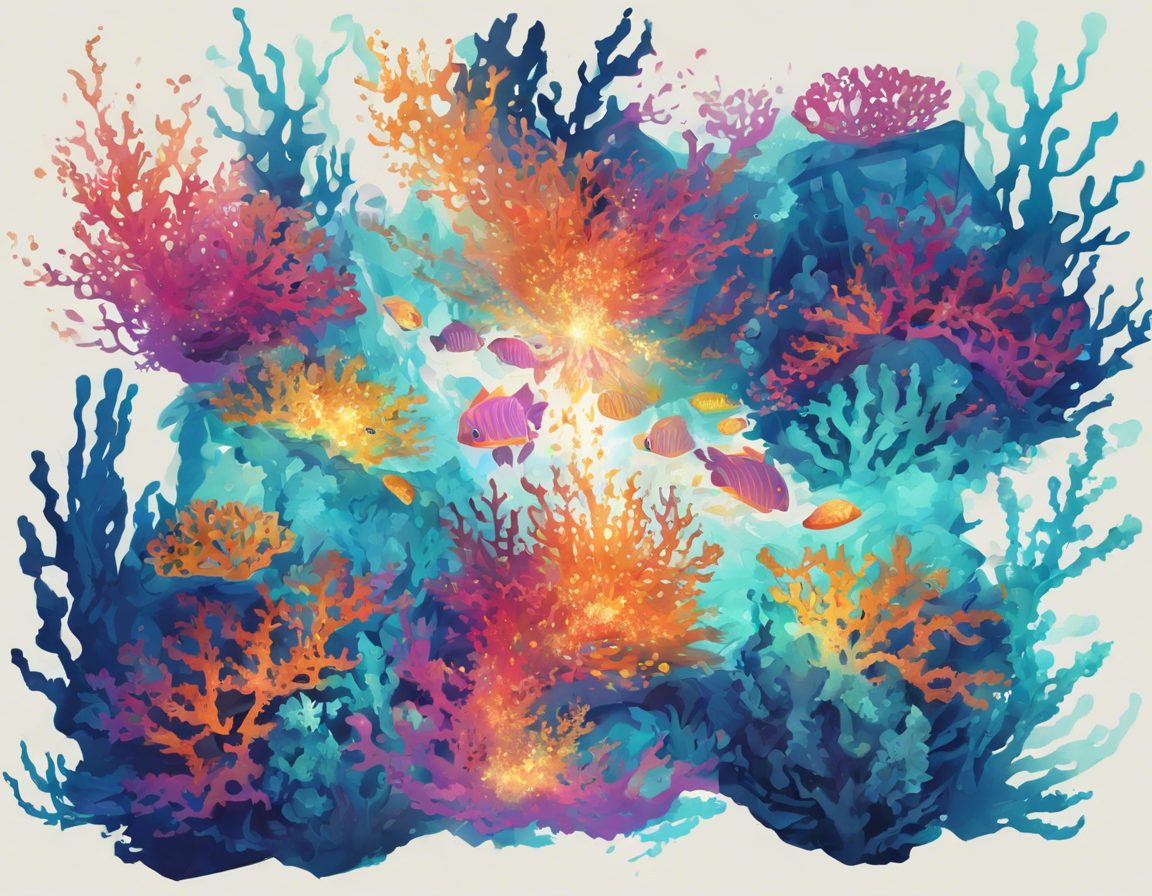Introduction:
Pregnancy is a crucial time in a woman’s life, and proper nutrition is essential to ensure the health and well-being of both the mother and the growing baby. While it is important to focus on consuming a healthy and balanced diet during pregnancy, it is equally vital to be aware of foods to avoid. Some foods can pose potential risks to the mother and the baby due to the presence of harmful bacteria, chemicals, or other substances. In this comprehensive guide, we will discuss what not to eat during pregnancy, highlighting the reasons behind these restrictions and offering alternative choices for a safe and healthy pregnancy.
Raw or Undercooked Meat and Eggs:
Raw or undercooked meat, poultry, seafood, and eggs should be avoided during pregnancy due to the risk of foodborne illnesses such as salmonella, listeria, and toxoplasmosis. These infections can lead to serious complications for both the mother and the baby. Make sure all meat and eggs are cooked thoroughly before consumption. Opt for well-done meats and fully cooked eggs to reduce the risk of foodborne illnesses.
Unpasteurized Dairy Products:
Unpasteurized dairy products, including certain soft cheeses, can contain harmful bacteria such as listeria. Listeria infection during pregnancy can cause miscarriage, stillbirth, or severe illness in newborns. It is important to choose pasteurized dairy products to minimize the risk of contamination. Safe options include pasteurized milk, cheese, and yogurt.
Raw Seafood and Shellfish:
Raw seafood, including sushi, sashimi, and oysters, should be avoided during pregnancy due to the potential presence of harmful bacteria and parasites. Consuming raw seafood can increase the risk of foodborne illnesses and mercury poisoning, which can have adverse effects on the baby’s development. Opt for cooked seafood options such as grilled fish or shrimp to reduce the risk of contamination.
Caffeine and Alcohol:
High levels of caffeine consumption during pregnancy have been linked to an increased risk of miscarriage and low birth weight. It is recommended to limit caffeine intake to 200 milligrams per day, which is roughly equivalent to one 12-ounce cup of coffee. Alcohol should be completely avoided during pregnancy as it can lead to birth defects, developmental issues, and other serious complications. Opt for decaffeinated beverages and alcohol-free alternatives to ensure a healthy pregnancy.
High-Mercury Fish:
Certain types of fish, such as shark, swordfish, king mackerel, and tilefish, contain high levels of mercury, which can be harmful to the developing baby’s nervous system. It is recommended to avoid these high-mercury fish during pregnancy. Instead, choose low-mercury options such as salmon, sardines, and shrimp, which provide essential omega-3 fatty acids without the risk of mercury exposure.
Processed Meats and Deli Products:
Processed meats and deli products, including hot dogs, sausages, and cold cuts, should be consumed with caution during pregnancy. These products can be high in sodium, nitrates, and other additives that may not be beneficial for the baby’s health. Opt for freshly prepared meats or alternatives such as grilled chicken or turkey for a safer and healthier choice.
Unwashed Produce:
Raw fruits and vegetables should be thoroughly washed before consumption to remove any potential contaminants such as pesticides, soil, or bacteria. Unwashed produce can harbor harmful pathogens that may lead to foodborne illnesses. Practice proper food hygiene by washing and scrubbing fruits and vegetables under running water to reduce the risk of contamination.
Artificial Sweeteners and Additives:
Some artificial sweeteners and food additives may have adverse effects on pregnancy and fetal development. It is important to read food labels carefully and avoid products containing ingredients that are known to be harmful during pregnancy. Opt for natural sweeteners such as honey or maple syrup and choose minimally processed foods to ensure a safe and healthy diet.
Conclusion:
In conclusion, maintaining a healthy diet during pregnancy is essential for the well-being of both the mother and the baby. By being mindful of what not to eat and making informed food choices, pregnant women can reduce the risk of potential harm and ensure a safe and healthy pregnancy. Avoiding raw or undercooked meats and eggs, unpasteurized dairy products, raw seafood, caffeine, alcohol, high-mercury fish, processed meats, unwashed produce, and artificial sweeteners can contribute to a healthier pregnancy journey. Consult with a healthcare provider or a nutritionist for personalized dietary recommendations and guidance throughout your pregnancy.
FAQs:
-
Can I eat sushi during pregnancy?
It is recommended to avoid raw sushi and opt for cooked seafood options to reduce the risk of foodborne illnesses and mercury exposure during pregnancy. -
Is it safe to consume herbal teas while pregnant?
Some herbal teas can be safe in moderation during pregnancy, but it is advisable to consult with a healthcare provider before consuming them to ensure they are pregnancy-friendly. -
Can I eat spicy foods during pregnancy?
Spicy foods are generally safe to consume during pregnancy unless they cause discomfort or heartburn. Listen to your body and adjust your diet accordingly. -
Are all soft cheeses off-limits during pregnancy?
Soft cheeses made from pasteurized milk are safe to consume during pregnancy. Avoid unpasteurized soft cheeses to minimize the risk of listeria contamination. -
Is it okay to eat raw cookie dough or cake batter while pregnant?
Raw cookie dough and cake batter should be avoided during pregnancy due to the potential presence of raw eggs, which can increase the risk of salmonella infection. -
Should I be concerned about food cravings during pregnancy?
Food cravings are common during pregnancy and are usually harmless. However, it is important to maintain a balanced diet and control portion sizes to ensure adequate nutrition for both the mother and the baby. -
Can I eat mayonnaise or aioli while pregnant?
Commercially prepared mayonnaise and aioli are safe to consume during pregnancy as they are typically made with pasteurized eggs. However, homemade versions with raw eggs should be avoided. -
Is it safe to eat raw sprouts during pregnancy?
Raw sprouts, such as alfalfa or mung bean sprouts, should be avoided during pregnancy as they can be a source of foodborne illnesses such as salmonella and E. coli. -
Can I eat pate while pregnant?
Liver pate or any pate containing liver should be avoided during pregnancy due to the high vitamin A content, which can be harmful in excess. Opt for vegetable-based or fully cooked pate as a safer alternative. -
Should I be concerned about consuming foods with artificial colorings or preservatives during pregnancy?
Some artificial colorings and preservatives may not be recommended during pregnancy due to their potential effects on fetal development. Choose natural and minimally processed foods whenever possible for a healthier diet.



